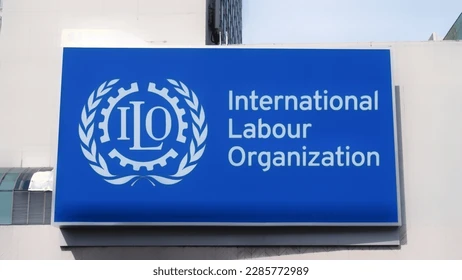The International Labour Organisation (ILO) highlighted a global decline in the labour income share, which has stayed flat since the initial drop during the COVID-19 pandemic.
Between 2019 and 2022, the share fell by 0.6 per cent, contributing to a long-term decline of 1.6 per cent over the last two decades. This decrease led to an annual shortfall of $2.4 trillion in global labour income in 2024.
“Countries must take action to counter the risk of declining labour income share. We need policies that promote an equitable distribution of economic benefits, including freedom of association, collective bargaining and effective labour administration, to achieve inclusive growth, and build a path to sustainable development for all,” said Celeste Drake, ILO Deputy Director-General.
Technological advancements in automation and artificial intelligence (AI) drove this decline. These innovations boosted productivity but pressured labour income shares downwards, with further impact expected unless policy interventions redistribute the benefits of AI.
Moreover, the global NEET (youth not in employment, education, or training) rate saw limited progress, standing at 20.4 per cent in 2024, and is projected to remain stagnant in the coming years. Regions like the Arab States and Africa remain severely affected, with gender disparities continuing to hinder access to education and employment.
Attribution: World Employment and Social Outlook: September 2024 Update
Subediting: M. S. Salama



